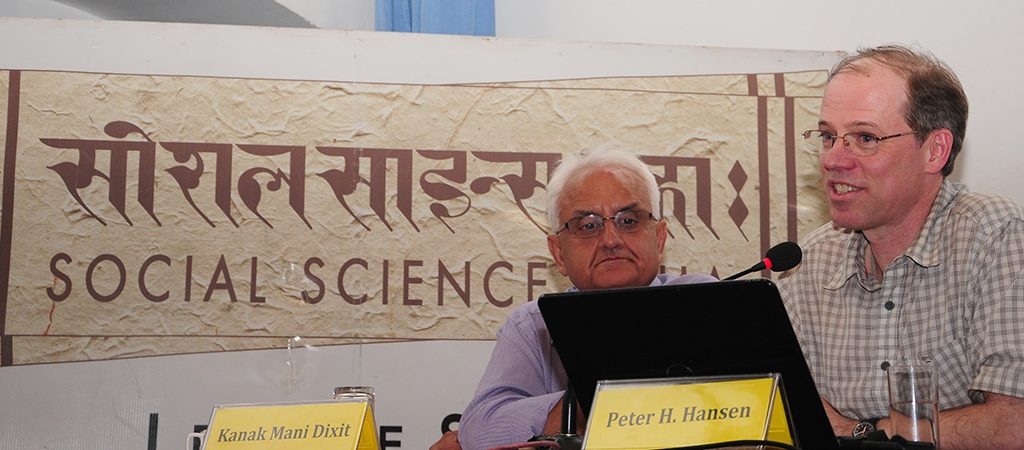Lecture Series
Summits Of Modern Man And Thresholds Of Climate Change: Mountaineering After The Enlightenment

Peter H. Hansen
on
Summits of Modern Man and Thresholds of Climate Change: Mountaineering after the Enlightenment
Who was first? Was it Hillary or Tenzing on Mount Everest? The obsession with ‘who got to the top first’ may have begun in 1786, the year Jacques Balmat and Michel-Gabriel Paccard climbed Mont Blanc. Their ascent was spurred by claims for popular sovereignty before the French Revolution. In the following decades, climbing lost its revolutionary cachet as it became associated instead with bourgeois outdoor leisure. Still, mythic stories of mountaineers in the Alps and Himalayas, threaded through with themes of imperialism, masculinity, and ascendant Western science and culture, seized the imagination. Post-colonial re-definitions of sovereignty shaped the reception of the first ascent of Everest in Nepal and beyond.
Today, we live on the threshold of a hot planet, where melting glaciers and rising sea levels create ambivalence about the conquest of nature. Long after Hillary and Tenzing’s ascent of Everest, the image of modern man supreme on the mountaintop retains its currency. This lecture will explore the persistence of these images today, and how difficult it remains to imagine our relationship with nature in terms other than its conquest and domination.
* * *
Listen to or download lecture in audio format
Peter H. Hansen, with a PhD from Harvard University (1991), is Professor of History at Worcester Polytechnic Institute, Massachusetts, where he has taught since 1992. He has previously published widely on colonialism, cross-cultural encounters, documentary films, and western encounters with Tibet. He is the author most recently of The Summits of Modern Man: Mountaineering after the Enlightenment (2013). His current research focuses on the wider history of Mount Everest.
